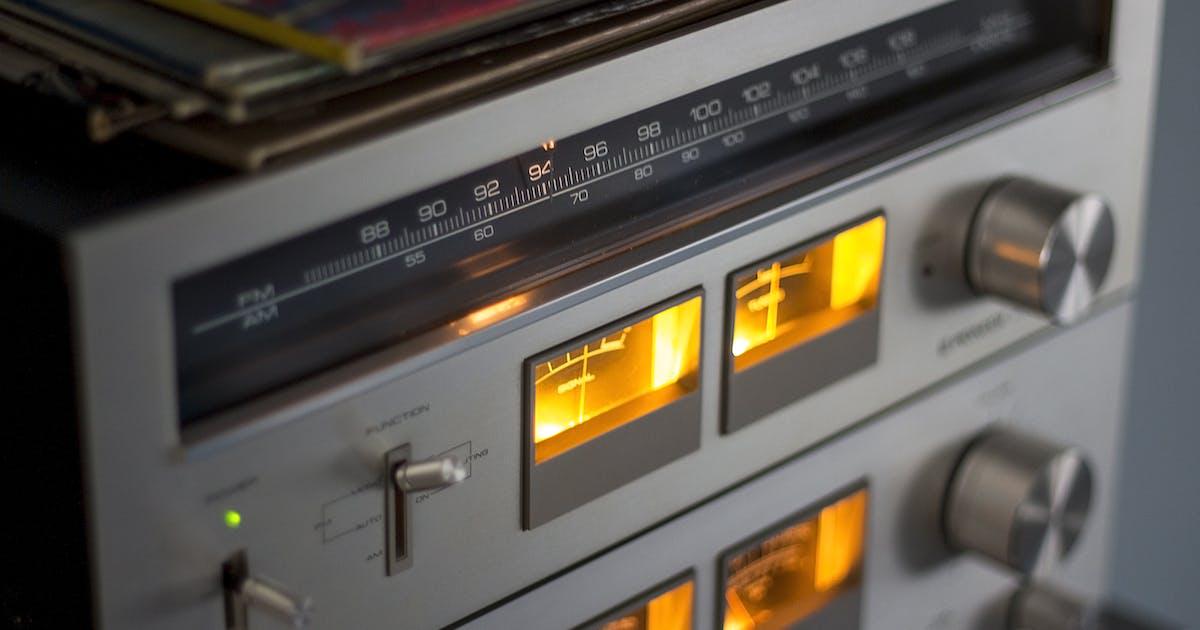Master the Airwaves: How to Get Music on the Radio
In an era dominated by glitzy, modern streaming services, the allure of radio might seem like a relic of the past. However, the truth is far from it. Radio remains a powerhouse in the music industry, dwarfing streaming services in listener numbers. For artists dreaming of regional fame and widespread recognition, understanding how to get music on the radio is more than just a throwback tactic – it's a crucial step in a successful music career.
📌 Viberate Analytics: Professional music analytics suite at an unbeatable price: $19.90/mo. Charts, talent discovery tools, plus Spotify, TikTok, and other channel-specific analytics of every artist out there.
The Enduring Power of Radio
Despite the rise of streaming services, radio listening still accounts for significantly more listenership. It's a fact that might surprise many in this digital age, but it underscores the medium's continued relevance. Radio airplay remains one of the most competitive and sought-after spaces in the music industry, a testament to its enduring power to shape artists' careers.
What is Radio Airplay?
Radio airplay, often referred to as ‘radio plays’ or "spins," was the cornerstone of promotion in the 20th-century music industry. Songs played during primetime radio could catapult an unknown artist to national fame overnight. Though the last decade has seen radio's influence wane in favor of social media and streaming services, it has never really lost its significance. Its role may have evolved, but radio airplay continues to be a potent tool for artists.
The Two Types of Radio Airplay
Understanding the landscape of radio is crucial for artists aiming to break into this realm. There are two primary types of radio airplay: commercial and non-commercial.
Commercial Radio Airplay
Commercial radio, encompassing traditional FM stations and satellite radios like those of the Sirius XM network, is the giant in the room. These stations play music interspersed with ads and command the lion's share of listenership – an audience 14 times larger than all streaming platforms combined. Gaining airplay here can be a game-changer for artists, especially when building a regional following.
Non-Commercial Radio Airplay
Then there's non-commercial radio, which includes non-profit stations, college radios, and independent online platforms. While they may not boast the same audience size or prestige as commercial stations, they offer easier access and can be instrumental in the early stages of an artist's career. Some influential non-commercial stations are closely watched by mainstream radio programmers, making them potential launchpads to wider recognition.
How to Get Radio Airplay
So, how to get music on the radio? It's a process that typically requires building a presence on other platforms first. Radio airplay is a prestigious and competitive arena, meaning artists need to establish themselves on digital channels like Spotify, Apple Music, and YouTube. Garnering a solid following and featuring on playlists can significantly enhance your appeal to radio stations.
The Role of Exclusives in Gaining Airplay
One effective strategy is to offer radio stations an exclusive track. This not only piques the interest of the stations but also creates a buzz among your existing fan base, encouraging them to tune in. While this approach requires coordination, the payoff in terms of airplay and listener engagement can be substantial.
Monitoring Your Success
Once your music hits the airwaves, tracking its performance is crucial. Viberate's Radio Airplay Analytics offers comprehensive monitoring of airplay across over 24,000 stations globally. This tool provides essential metrics like spins, top tracks, and airplay rank, offering artists invaluable insights into their music's performance and reach.
Conclusion
In summary, how to get music on the radio involves a blend of building a digital presence, strategically targeting radio types, and engaging in promotional tactics like exclusives. While the landscape of music promotion continues to evolve, radio's role remains fundamentally influential. By leveraging these strategies and tools like Viberate's analytics, artists can significantly enhance their chances of radio success.
For artists looking to navigate the complex but rewarding world of radio airplay, Viberate offers the tools and insights necessary to make informed decisions and track your progress. Embrace the power of radio in your musical journey, and let Viberate guide you to new heights in your career.

Premium music analytics, unbeatable price: $19.90/month
11M+ artists, 100M+ songs, 19M+ playlists, 6K+ festivals and 100K+ labels on one platform, built for industry professionals.




